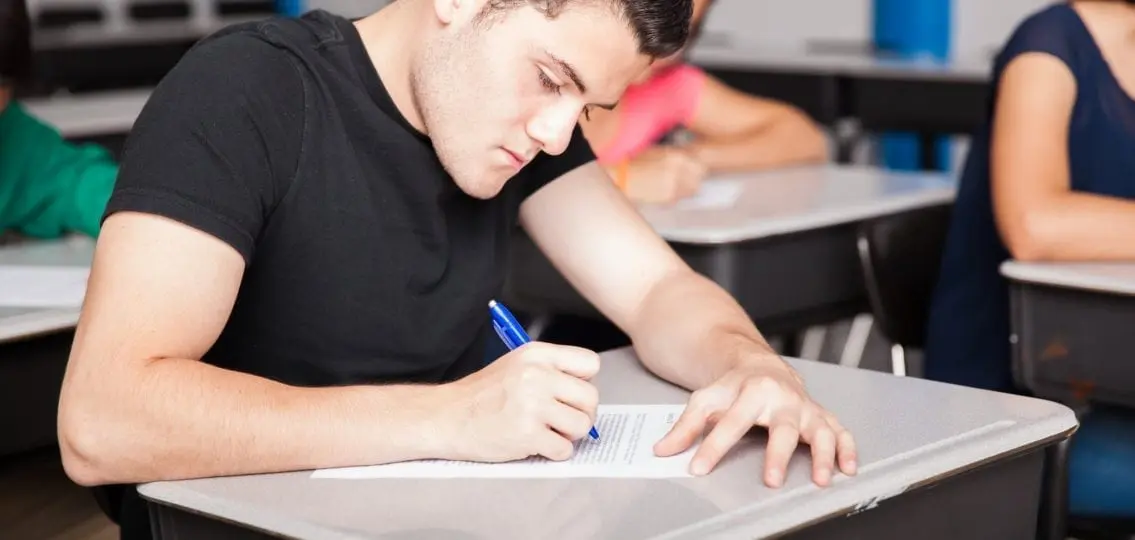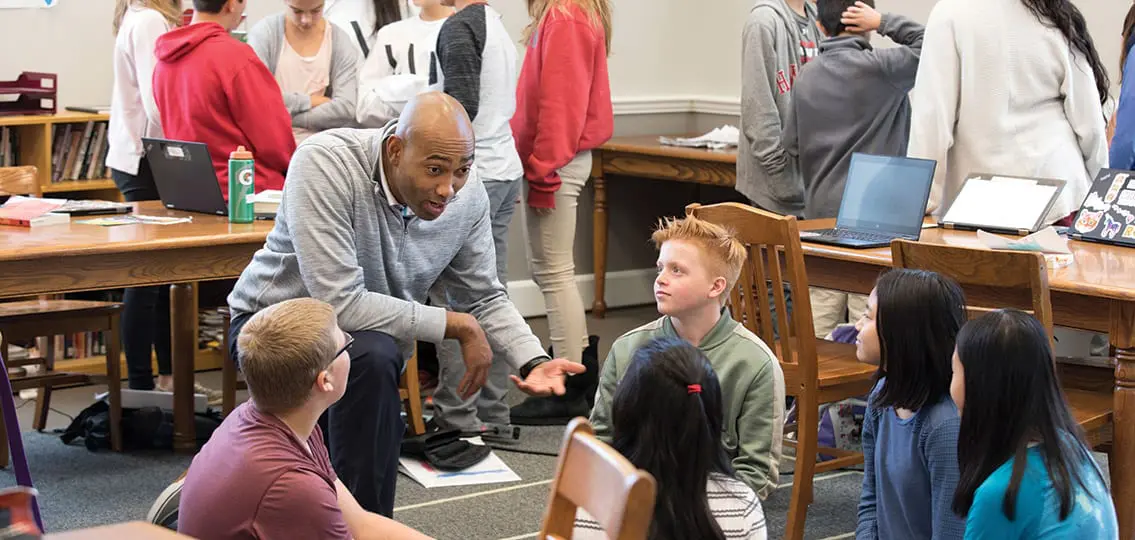Dr. Michelle Harris, a clinical psychologist and director of the Middle School at Hawken School in Lyndhurst, Ohio, has seen plenty of students struggle with the idea of failure. Over the years, she has formed a definite opinion on the topic.

“I agree with [educational philosopher] John Dewey that failure is instructive,” says Harris.
The Lessons that Failure Teaches
Of course, in order to have our kids start learning from failure, we first have to allow them to fail. Some failures we cannot prevent, like when they miss the winning soccer goal. Other mistakes can be harder to let happen, say, by not bringing their forgotten lunch or homework to school, or not waking them up when they oversleep and miss the bus.
Although it can be hard not to step in, here’s why parents should want their kids to sometimes get a zero in the gradebook or a tardy slip in the attendance office.
| [adrotate banner=”202″] |
Middle school is actually the perfect setup for failure, says Jessica Lahey, an educator and author of The Gift of Failure. At this age, the brain’s frontal lobe—responsible for higher-order thinking—is developing, and that development won’t be complete until their early 20s. At the same time, we load them up with seven different classes, numerous transitions throughout their day, a locker, and a school full of kids whose brains and bodies are also under construction.
“For better or worse, middle school asks more of them than they are actually capable of giving,” says Lahey. “It’s not a matter of if they’ll fail, it’s a matter of when and how often.”
Still, Lahey recommends that this is the time when parents should step back from being the main communication source between home and school. They forgot their homework or failed a quiz? Let them sort it out. Every time your middle schooler talks face-to-face with a teacher to fix a mistake, they’re practicing self-advocacy.
Stepping back from in-person advocacy doesn’t mean completely relinquishing your role in helping a teen rebound from mistakes. For example, you can email the teacher to give a heads-up that your child needs to talk with them about an issue, says Lahey. But then, let your child do the talking.
From her years at Hawken, Harris knows that middle school is a time when students begin to grapple with difficult situations. That’s why she wants them to get all the practice they can.
“Failing takes practice because kids have to develop the skills to turn mistakes into opportunities for growth,” she says.
How Parents can Teach Kids to Manage Failure:
 1. Be quiet and listen.
1. Be quiet and listen.
Parents need to try to be quiet in the aftermath of big and small disasters. Our first instinct is to empathize and define their experience for them. “When the shot misses the goal, it’s hard to let the sulky teen in the backseat be,” says Harris. “If we give them time and space to feel, we might learn that they’re upset not because they missed the goal but because it was so public. Or that they don’t even want to be playing soccer.”
She recommends that adults offer empathy, saving their opinions and emotions to share with a partner or friend later.
2. Give them agency.
After you listen to your kid unload, try gently asking open-ended questions about how they want to deal with the situation, says Harris. “Giving our kids agency to decide how to respond is a loving and powerful message. It says, ‘I believe you are capable of steering your own boat.’”
Letting teens respond to small setbacks on their own prepares them for larger failures later. Your problem-solving discussions can guide tougher situations down the road—for instance, when your kid makes a bad decision at a party.
“Even if you initially get angry, the second, calmer conversation is about helping them figure out what to do the next time they’re faced with a difficult situation,” says Harris. “Then they know, ‘Yes, Mom will get mad at me when I really mess up, but she’ll also listen and help me process what happened and what I’d like to do differently next time.’”

That’s the good news when it comes to letting our kids fail. “Hurt and failure are a fact of life,” says Harris. “If we allow our kids to fully experience failure while helping them develop the skills to bounce back afterwards, healthy growth and development will take place.”





